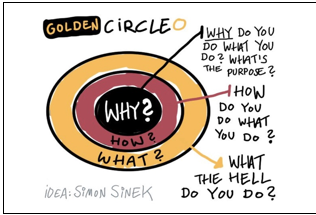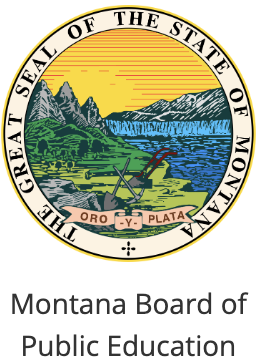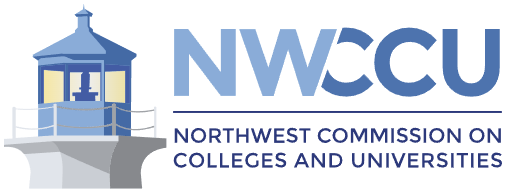Monday Minutes
Undergraduate Edition
Here are your Monday Minutes for the week of January 19-22, 2021.
Please make a point of reading this email every Monday (or Tuesday), as it highlights key department announcements, opportunities, and events, particularly events hosted by one of the Department of Education’s student clubs. It covers everything you need to know in a single email message.
From the Department Head
Dear Faculty, Students and Staff,
I’ve been thinking about my why lately. I’d encourage you to think about this as well. If we know our why, this helps us to lead happier, healthier, and more fulfilled lives. For more information see Simon Sinek’s TED Talk.

Take good care,
![]()
Dr. Ann Ewbank
From the Advising Office
- The Education Advising Center is currently offering remote advising only.
- Phone or Webex Appointments: M-F, 8:00 am – 5:00 pm, as available. You can schedule appointments at www.montana.edu/education/advising/calendars.html.
- And, as always, you can contact us via email or phone. We’re available to respond during normal business hours (M-F, 8:00 am – 5:00 pm).
- Apply for MSU food security scholarships at https://montana.qualtrics.com/jfe/form/SV_3eF3V1xIzSwvHSJ. For more information, contact Marci Torres (marci.torres@montana.edu).

- All Monday Minutes are archived and available for your reference.
- Make sure to check the MSU COVID-19 webpage frequently as university and system-wide updates are available all in one place.
Work and Volunteer Opportunities
- Camp Walt Whitman, located in New Hampshire, is looking to hire general counselors this summer. See attachment or email carolyn@campwalt.com to learn more about this amazing summer opportunity.
Events
- Wearing our Ancestral Heritage - January 27, 2:00-3:30 pm - via zoom: Please join the Center for Bilingual and Multicultural Education for the Indigenous Language Preservation/ Revitalization/ Maintenance webinar series. Biskane Mishtadim Ikwe, Jill Falcon Mackin, Turtle Mountain Anishinaabe, will virtually present. So much was lost so fast through the process of colonization--people, language, and knowledge--leaving us without connection to the very essence of what is to be who we are. Re-indigenization, living our ancestral heritage, is a messy and sometimes conflicted process. Cultural knowledge and identity has often skipped generations in our families. We can heal, identify, pick up the teachings, bundles, songs, ceremonies, and language that is our ancestral heritage. The time is now. Please join this conversation about cultural knowledge recovery and identity.
- See the attached flyer for information about CBME's full slate of spring 2021 programming.
Extra! Extra! Read all about it!
- Are you on social media? So is the Department of Education and the College of EHHD. Follow us on Facebook at https://www.facebook.com/edubozmt/ and on Twitter @MSU_EHHD (https://twitter.com/MSU_EHHD).
Take care,
David Reese
Academic Advisor
Department of Education
Montana State University



